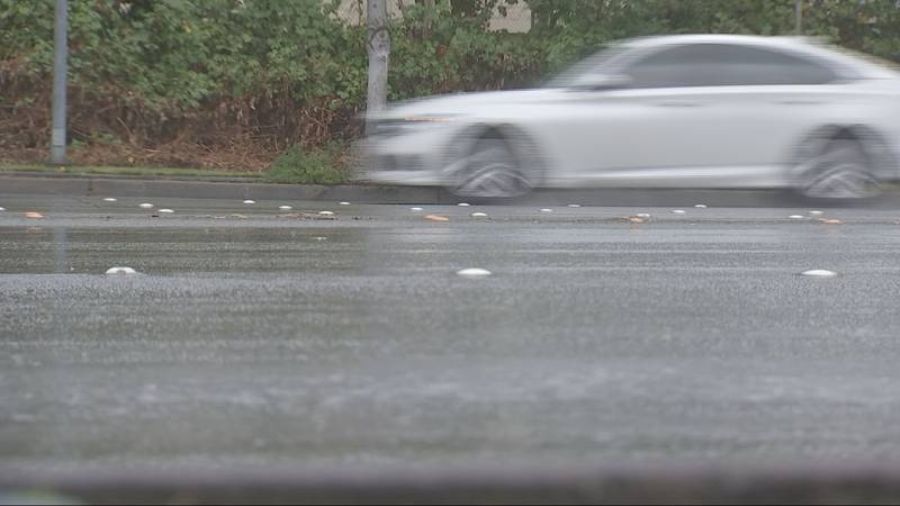Using history to understand what the coronavirus aftermath will look like
Mar 30, 2020, 3:13 PM

Coronavirus samples being tested in a lab. (AP Photo/John Minchillo)
(AP Photo/John Minchillo)
Though we’re in the midst of the pandemic, taking the long view can be helpful in terms of understanding how other countries handle situations like coronavirus.
Dr. Stefano Condorelli is currently an associate researcher at the Center for Global Studies of the University of Bern, and has also done research on historical disasters. He joined Seattle’s Morning News to give context on the societal and economic aftermath of a disaster.
So how does our current disaster compare to the disasters of the past that he’s studied?
“Mild, we’re just at the beginning. … When you’re a historian and you’re studying things three centuries later on, it’s easy to know how things have ended up, you have all the elements. Right now, we’re just in the middle of the storm,” he said.
How testing for coronavirus immunity could help with health and the economy
“I mean, you don’t see the enemy. When you have an earthquake, it’s very clear what happened, … a few weeks ago here in Italy, when we were told to stay at home, the enemy was there but you could not see it. So it’s an extra layer of complexity.”
Have there been epidemics that have actually created permanent cultural changes in their wake?
“When when I was studying the earthquake in the 17th century, what was very interesting is that this was a really huge earthquake that destroyed half of Sicily. There was immediately a new society that emerged at this for a few weeks, a kind of utopia,” he said. “Themes like we’re all the same, … but after a few weeks things go back to normal.”
Coronavirus crisis has social media ‘ripe for spread of misinformation’
So there was a temporary utopian society because the social order was disrupted. But over time the social order reasserts itself.
“Now we were a completely different situation, of course. But when I talk with many of my colleagues, we think that maybe what is happening will be an element bringing us to a new type of society, a different kind of economy, at least what we hope.”
Listen to Seattle’s Morning News weekday mornings from 5 – 9 a.m. on KIRO Radio, 97.3 FM. Subscribe to the podcast here.














